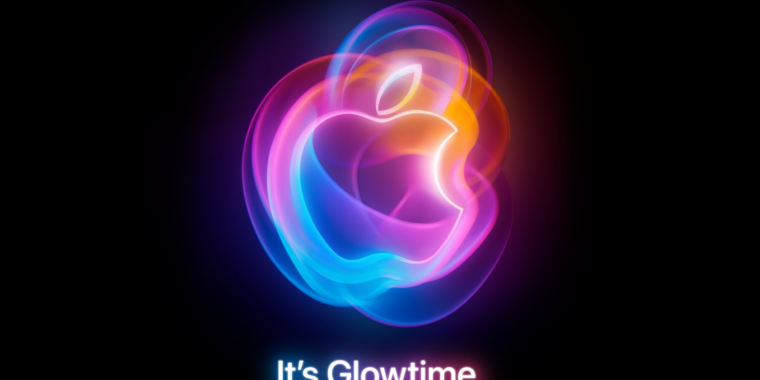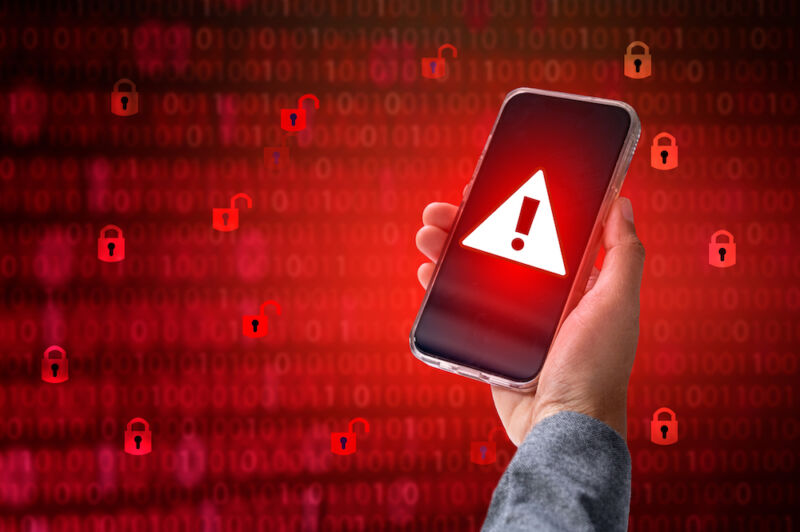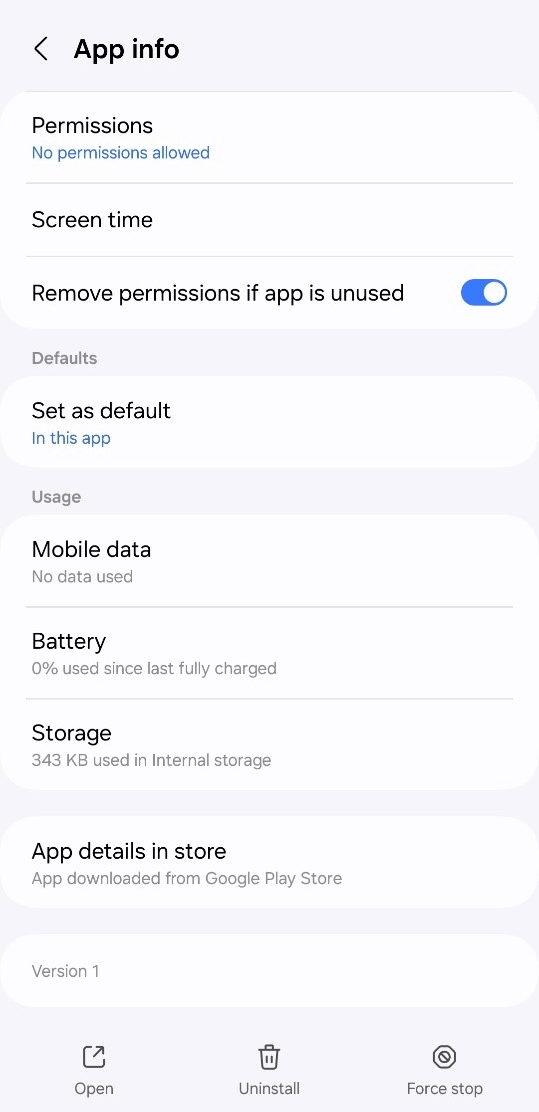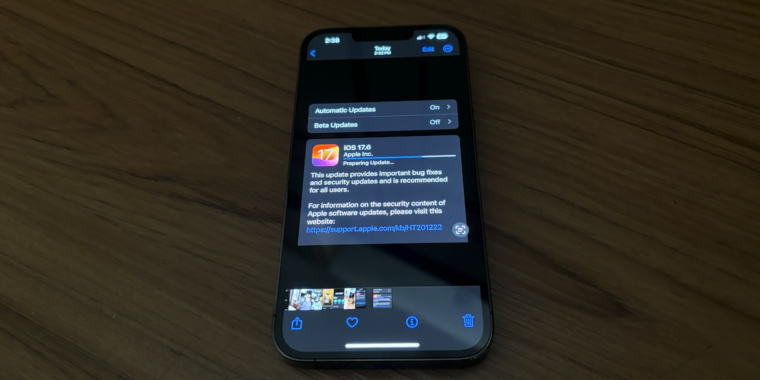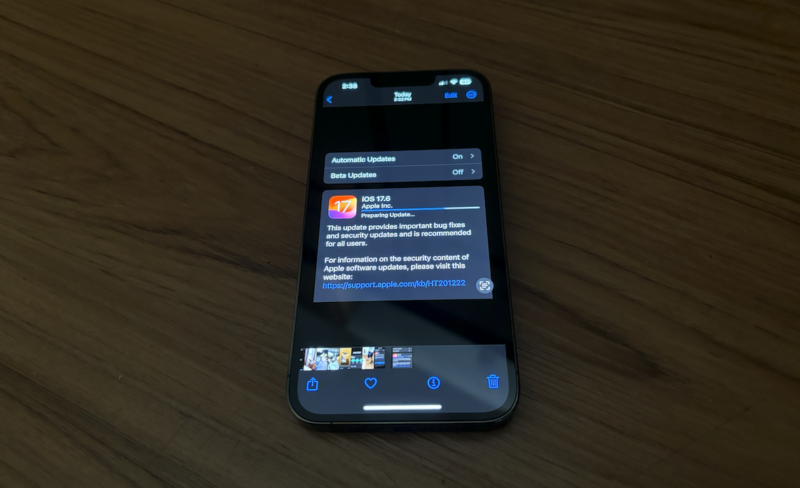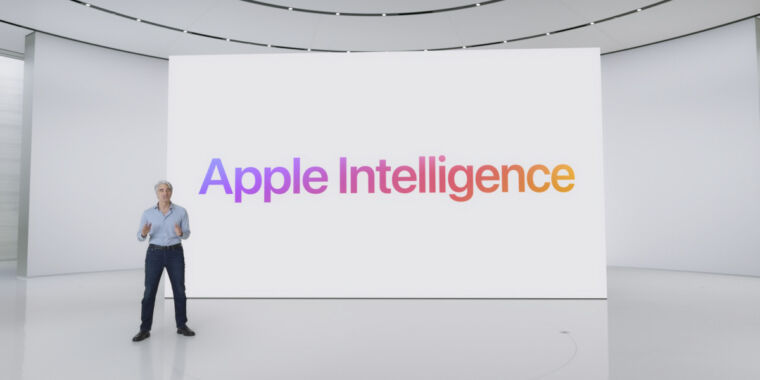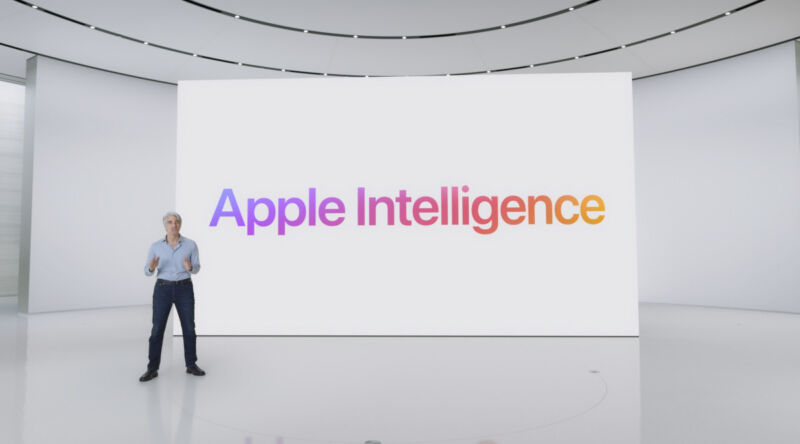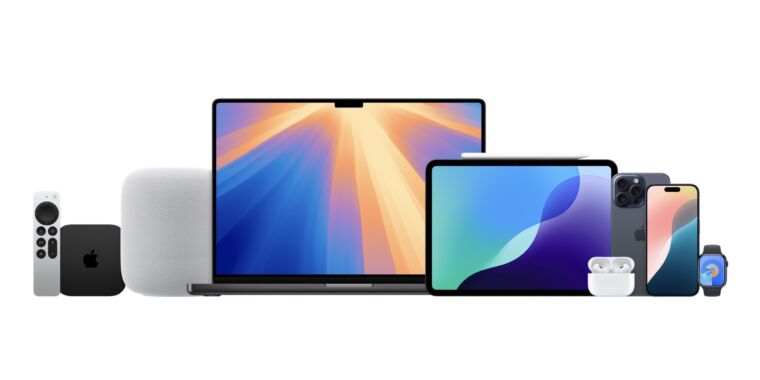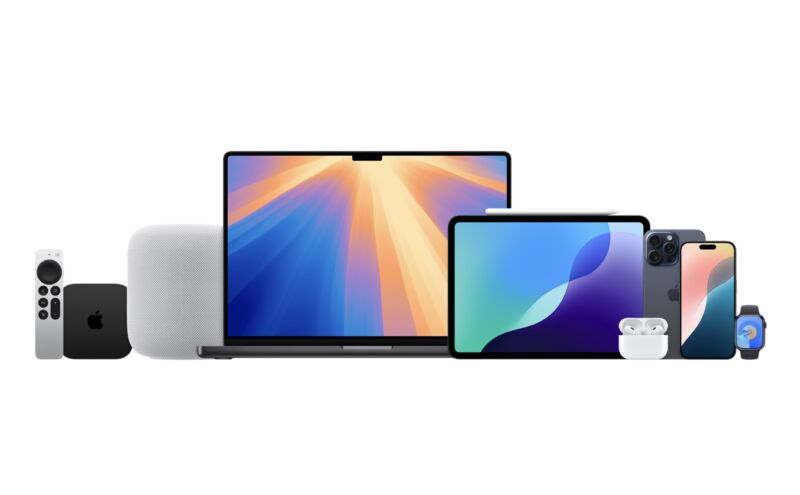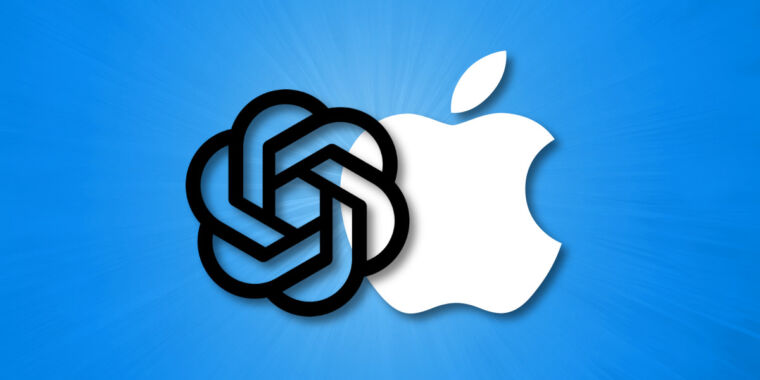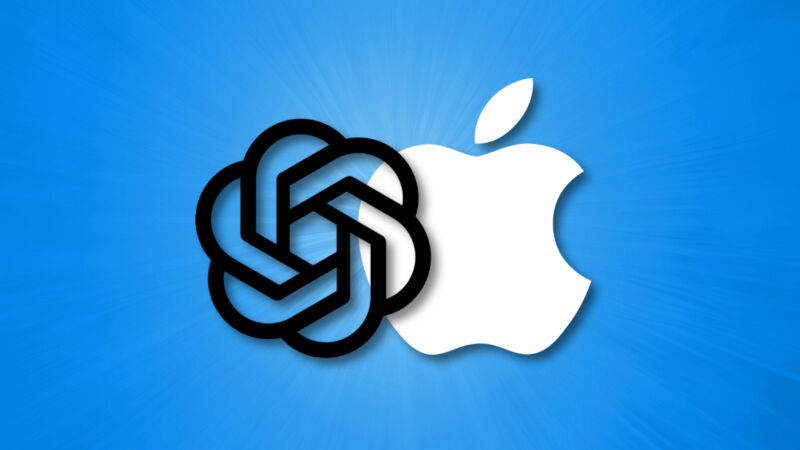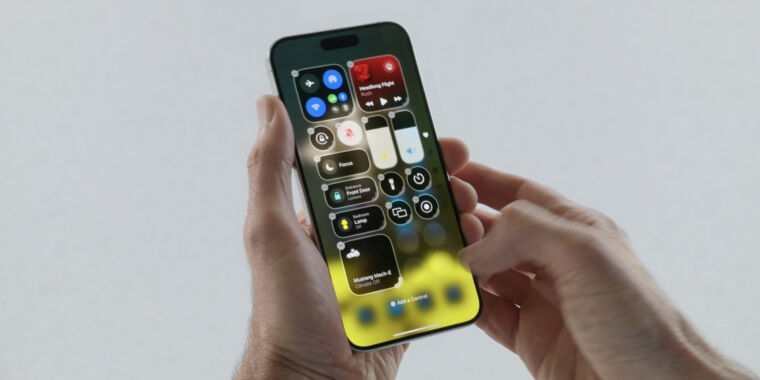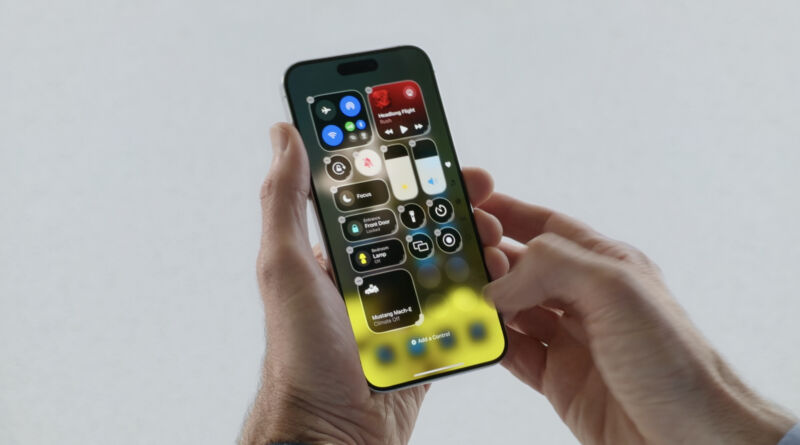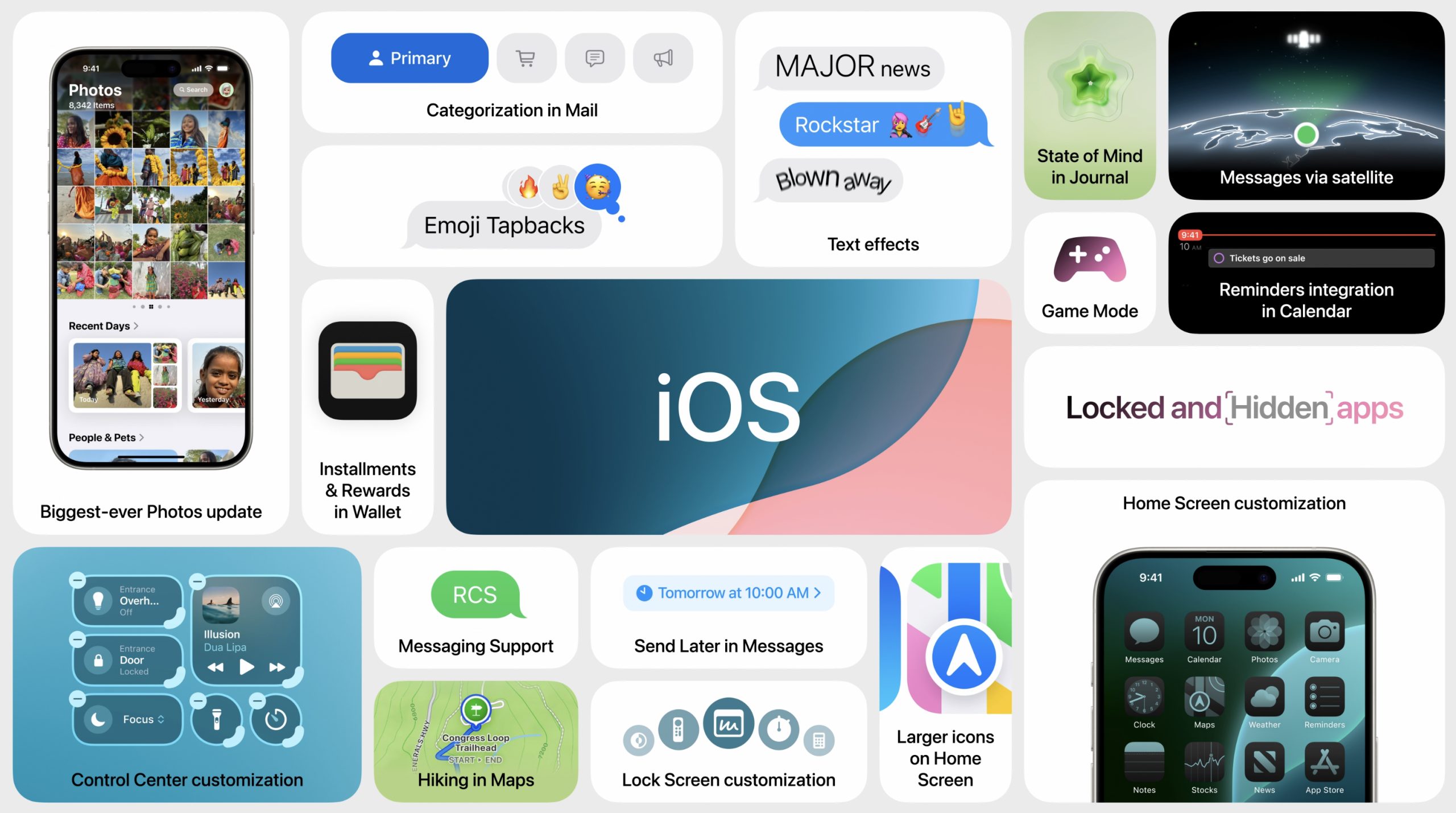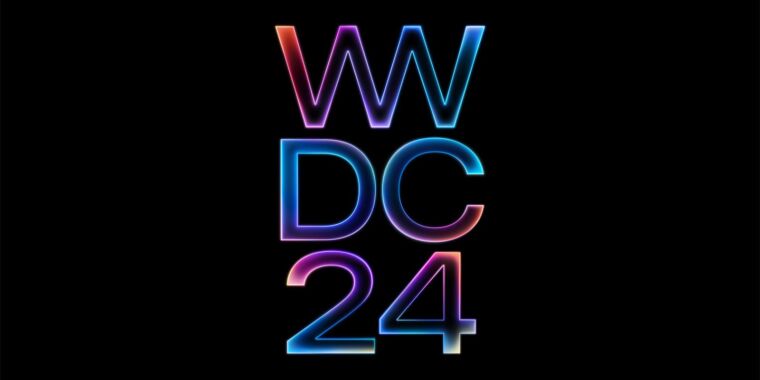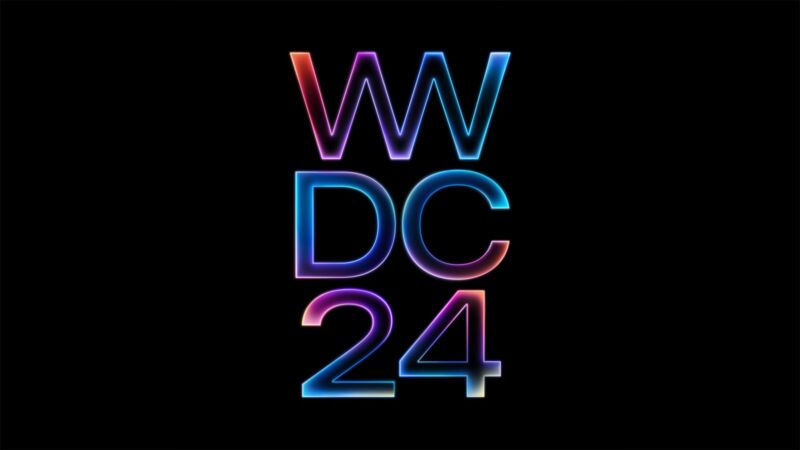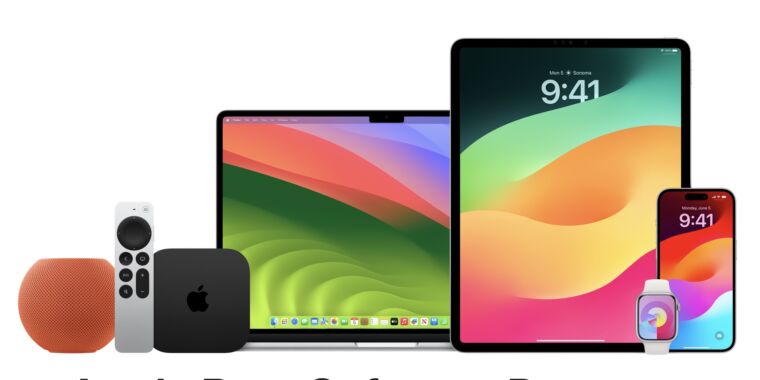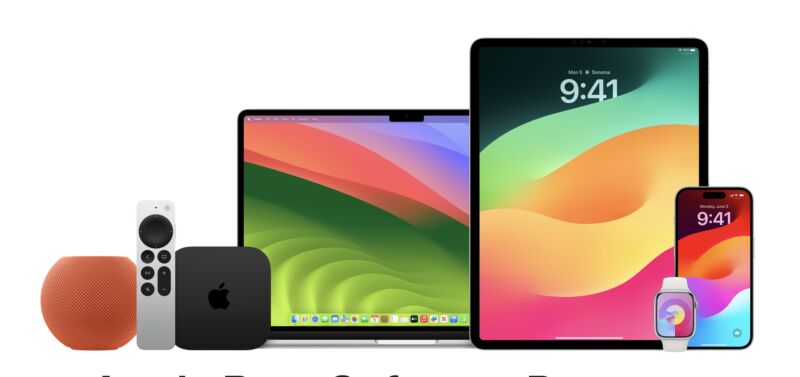What to expect from Apple’s “It’s Glowtime” event
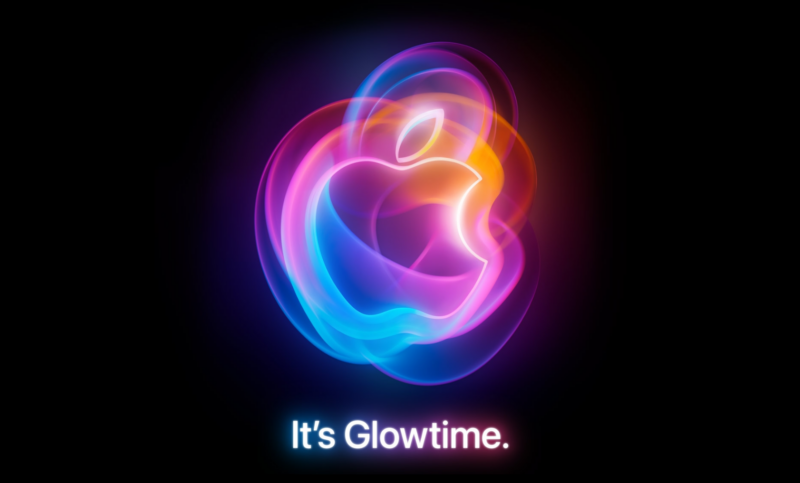
Enlarge / Apple’s event will likely discuss Apple Intelligence, though that’s not going to launch until later in the year with iOS 18.1
Apple
For years, Apple’s September event has focused almost exclusively on new flagship iPhones and new Apple Watch models. Once in a while, other second-tier products make an appearance. And in recent cycles, the Mac and high-end iPads had their shining moment later in the year—often in October or November.
We expect the same to happen this time. You can almost certainly count on new iPhones and Watches. As for what else to expect: well, no Macs, but there are a couple of interesting possibilities.
Here’s what we expect to see next week.
iPhone 16 and 16 Pro
Gone are the days of radical changes to the iPhone; the last dramatic redesign was the iPhone X in 2017. Since then, Apple has iterated a little bit each year—never enough to drive yearly upgrades, but perhaps enough to entice consumers with phones that are three years old or so.
The iPhone 16 and 16 Pro are expected to continue this pacing, with a grab bag of improvements to existing features but nothing too radical.
The only notable design change that has been rumored is the introduction of the “Capture” button on all models; this will allow taking pictures without using the touchscreen on all models. This could be done with the Action button on last year’s iPhone 15 Pro, and that Action button is expected to come to all iPhone 16 models (not just Pro) this year.
But adding a Capture button frees the Action button up for other things, and the Capture button is expected to produce different results depending on how you press it, making it more useful.
The iPhone 16 and iPhone 16 Plus rear camera arrangement will switch to two vertically aligned lenses instead of the diagonal arrangement of the previous model. Apart from that and the new buttons, there will be no noticeable design changes in the non-Pro phones this year.
The iPhone 16 Pro and iPhone 16 Pro Max will also not have noticeable design changes, but they will have slightly larger screens. The Pro is going from a 6.1-inch screen to 6.3 inches, while the larger Max version will go from 6.7 to 6.9 inches. The phones will be slightly larger, but much of the screen-size gain will come from Border Reduction Structure (BRS) implementation that will reduce the already barely there bezels a little bit.
Speaking of the screens, the Pro models will feature new panels that will provide just a bit more maximum brightness, following a trend of improvements in that area that has spanned the last few iPhones.
-
The general look of the new iPhones isn’t expected to change compared to these designs from last year, except for the camera arrangement on the base iPhone 16.
Samuel Axon
-
The Action Button, seen here on the iPhone 15 Pro Max, will reach the non-Pro iPhones this year.
Samuel Axon
That’s it for changes visible on the outside. Inside, the phones are expected to get an improved thermal design—which hopefully addresses our biggest complaint when we reviewed the iPhone 15 Pro—as well as faster 5G modems in the Pros and a new A-series chip that will probably offer modest gains in performance and efficiency over the top-tier chip from last year.
All the remaining changes that are rumored from leaks, supply-chain insights, or news reports are tweaks to the camera systems. All models will get better ultra-wide cameras that handle low light better, and the iPhone 16 Pro will go to a 48-megapixel ultra-wide camera to better match the wide-angle lens’ overall performance. Additionally, the 5x zoom telephoto lens that was reserved only for the Pro Max last year will make its way to the smaller Pro this time.
That’s all we’ve heard so far. Looking back on paragraphs of text here, it sounds like a lot, but most of these things are pretty modest improvements. Those coming from an iPhone 13 Pro or earlier may be tempted by all this, but it’ll be pretty silly to upgrade from an iPhone 15 to an iPhone 16 unless Apple has managed to keep some earth-shattering new feature a secret.
What to expect from Apple’s “It’s Glowtime” event Read More »
